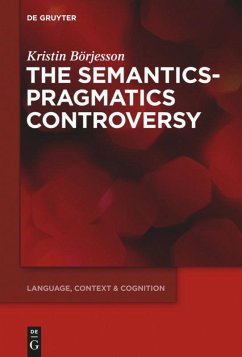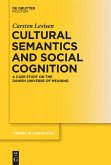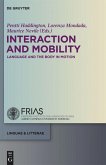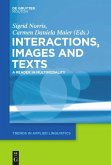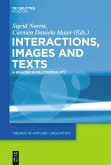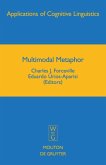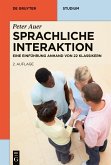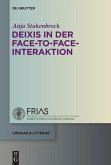Currently, there is a great number of approaches to the semantics-pragmatics distinction on the market. This book is unique in that it offers a comprehensive overview, comparison and critical evaluation of these approaches. Taking as a starting point the notorious difficulty of differentiating so-called literal from non-literal (or figurative) meaning, it covers a wide range of the key current topics in semantics and pragmatics, e.g., the saying/meaning distinction, minimalism vs. contextualism, unarticulated constituents, indexicalism, (generalised) conversational implicatures, speech acts, levels of meaning in interpretation, the role of context in interpretation, the nature of lexical meaning. Notably, rather than taking a solely theoretical perspective, the book integrates psycho- and neurolinguistic perspectives, considering experimental results concerning the (differences in) processing of the various types of meaning covered. In terms of topics covered and perspectivestaken, it is equally well suited for undergraduate as well as postgraduate students of linguistics and/or philosophy of language.
"Börjessons Überlegungen über das Neudenken der Dichotomie "wörtliche und nicht wörtliche Bedeutung" liefern auch neue Impulse für die Untersuchung weiterer linguistischer Phänomene. Zu diesen linguistischen Phänomenen gehören die lexikalische Bedeutung eines Wortes, die Metapher, die Metonymie und die Ironie."
Mária Molnár in: Sprachtheorie und germanistische Linguistik 21.7 (2017), 89-92
Mária Molnár in: Sprachtheorie und germanistische Linguistik 21.7 (2017), 89-92

